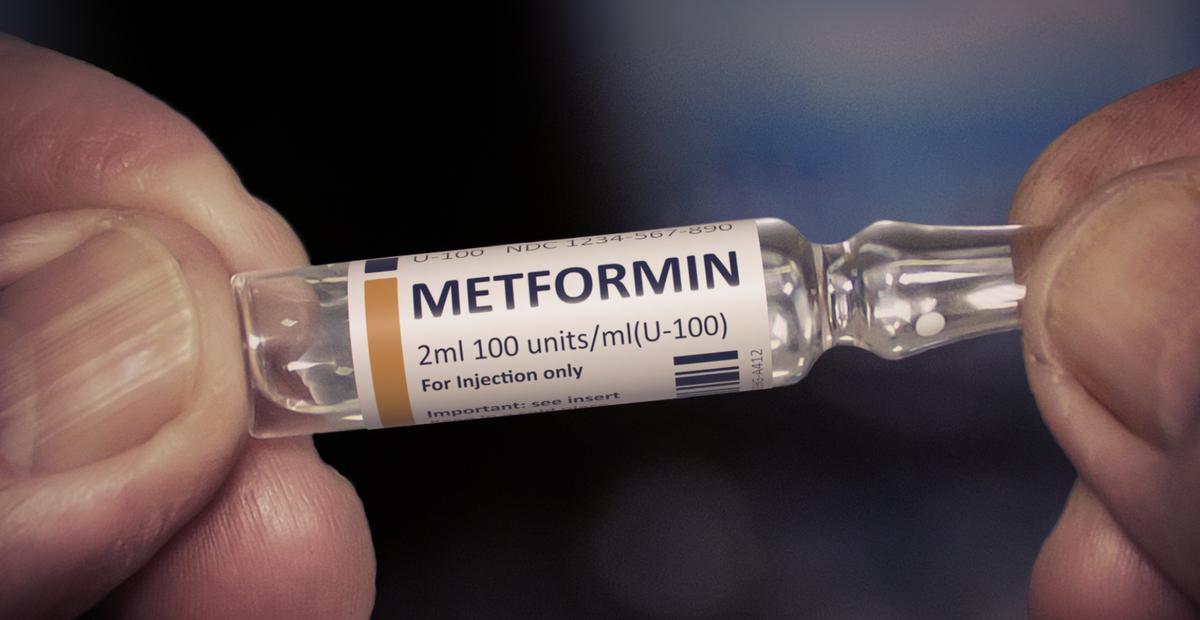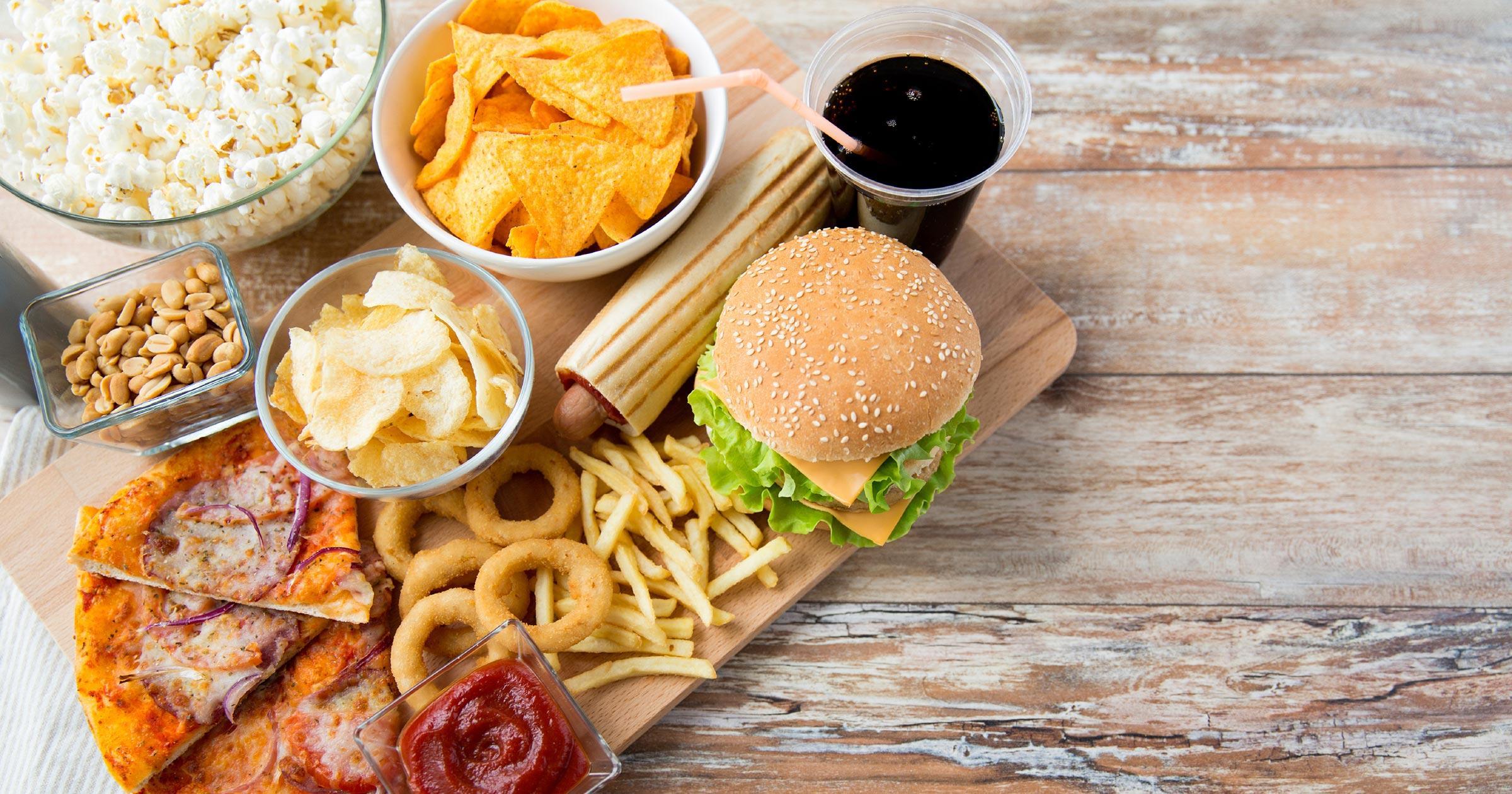Guide To Treating Insulin Resistance
One out of three Americans will develop insulin resistance, which is sometimes referred to as impaired glucose tolerance or metabolic syndrome. This prediabetic condition decreases the body's ability to utilize the hormone insulin, resulting in chronically elevated blood sugars. Insulin resistance can occur as a result of genetic factors, unhealthy lifestyle choices, or both. Most individuals who have insulin resistance will eventually develop diabetes. Diabetes is a serious condition and can significantly damage the heart, blood vessels, and kidneys over time.
Insulin resistance treatment is crucial. It helps individuals regain control over their blood sugar and prevent diabetes. Most patients will be prescribed insulin resistance medication. Some may try insulin resistance diet pills as well. However, certain patients prefer to try natural remedies for insulin resistance. In all cases, patients need to understand the various options for the treatment of insulin resistance first.
Medications

Most of the medications used to treat diabetes are not appropriate for prediabetes. However, suppose a patient's case is quite severe. In that case, their doctor may use metformin to help the liver slow the output of glucose that results from insulin resistance. In most cases, however, the recommended medications are used to treat the secondary conditions that often accompany insulin resistance. Examples of these conditions are hypertension and high cholesterol.
There are natural supplements that have shown some efficacy for treating these types of conditions as well. Fish oil, garlic, and Coenzyme Q10 can help balance cholesterol. They also promote cardiovascular health. Cinnamon and cayenne are known to lower blood sugar. Probiotics have demonstrated benefits beyond the gut and can assist with metabolism and weight loss efforts. Patients should always check in with their doctor before incorporating any supplemental medications into their regimen.
Monitor Carbohydrate Intake

Food as a form of natural medicine is not a new idea. However, it has become a central theme in disease management in recent years, especially in insulin resistance treatment. Patients with insulin resistance need to limit starchy and sugary foods that will challenge their pancreas and cause significant blood sugar spikes. The obvious choices are to stop consuming soda, candy, pie, and similar foods and beverages. However, other starchy foods can be bigger culprits in regards to insulin resistance and blood sugar. Individuals must watch out for bread, pasta, tubers, and white rice. These high-glycemic index foods break down into simple sugars quickly and cause rapid glucose elevation. Patients should replace the bulk of their dinner plate with protein, including plant protein, and whole fruits and vegetables.
